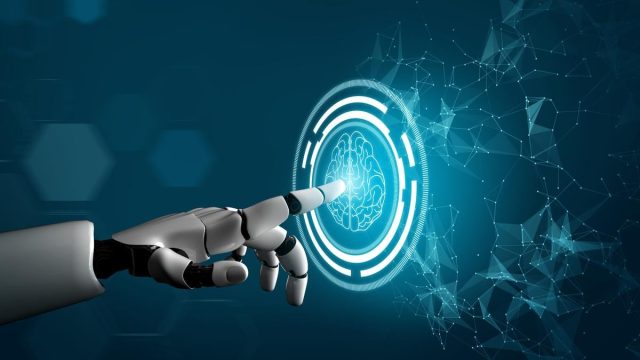Authors say the technology may be useful for personalizing screening
By Lori Solomon HealthDay Reporter
TUESDAY, Oct. 8, 2024 (HealthDay News) — Artificial intelligence (AI) scores may be able to estimate the risk for future breast cancer and lead to earlier diagnosis, according to a study published online Oct. 3 in JAMA Network Open.
Jonas Gjesvik, from the Norwegian Institute of Public Health in Oslo, and colleagues examined whether a commercial artificial intelligence (AI) algorithm for breast cancer detection could estimate the development of future cancer. The analysis included 116,495 women (aged 50 to 69 years) undergoing at least three consecutive rounds of biennial mammography screening.
The researchers found that the mean absolute differences in AI scores among breasts of women developing screening-detected cancer were 21.3 at the first study round, 30.7 at the second study round, and 79.0 at the third study round, with mean differences prior to interval cancer of 19.7, 21.0, and 34.0 at the rounds, respectively. For women who did not develop breast cancer, the mean differences were 9.9 at the first study round, 9.6 at the second study round, and 9.3 at the third study round. For screening-detected cancer, the areas under the receiver operating characteristic curve for the absolute difference were 0.63 at the first study round, 0.72 at the second study round, and 0.96 at the third study round. For interval cancers, the areas under the receiver operating characteristic curve were 0.64, 0.65, and 0.77, respectively.
“These findings suggest that commercial AI algorithms developed for breast cancer detection may identify women at high risk of a future breast cancer, offering a pathway for personalized screening approaches that can lead to earlier cancer diagnosis,” the authors write.
Copyright © 2024 HealthDay. All rights reserved.



















